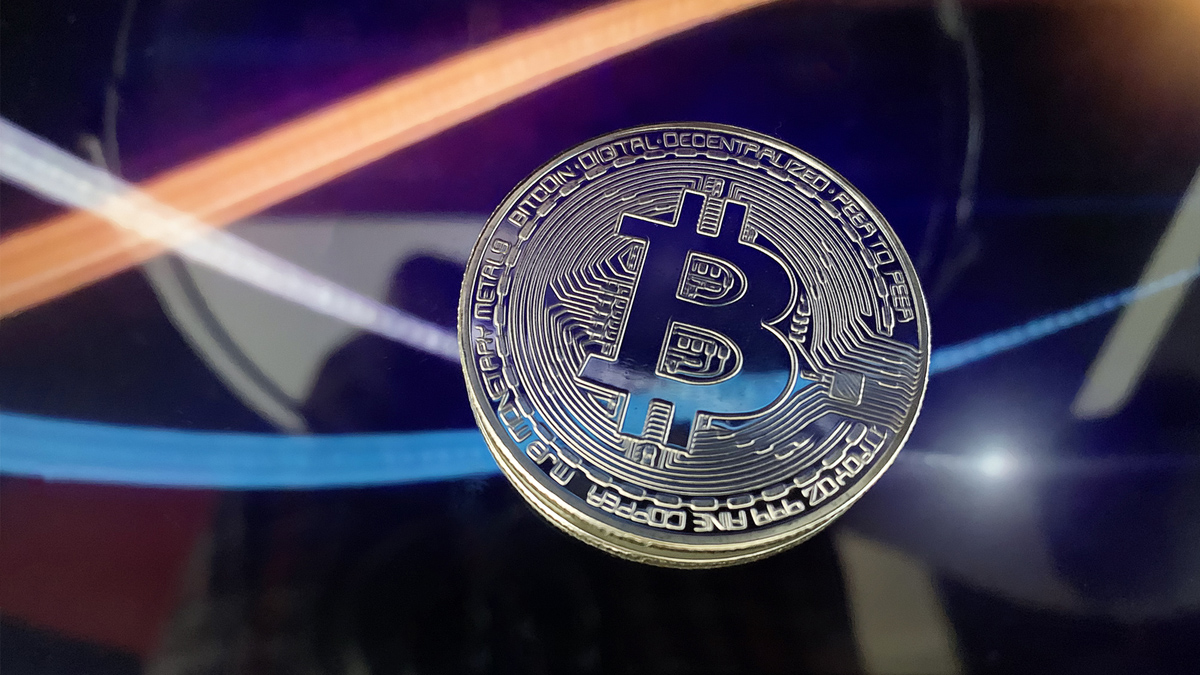South Korea has banned access to unlicensed cryptocurrency platforms as part of its efforts to strengthen financial regulations. At the request of the Financial Intelligence Unit (FIU), Google has blocked user access to 17 platforms. This measure aims to reduce concerns related to financial crimes and money laundering.
South Korea’s Cryptocurrency Actions
The FIU revealed that among the platforms identified for operating without a license are exchanges such as KuCoin, MEXC, Phemex, XT, CoinEx, BitMart, and Poloniex. The non-compliance of these platforms with local laws has raised concerns about increased financial risks and criminal activity. Regulatory authorities are closely monitoring the process to prevent unregulated activities.
Following the official request, Google began implementing access restrictions to the identified platforms. The downloading and updating of these companies’ applications through the Google Play Store have also been halted. Collaboration with Apple Korea and the Korea Communications Standards Commission has been announced. These measures are viewed as steps to protect local users.
Authorities’ Statements
Regulatory institutions have indicated that platforms failing to meet licensing requirements may face punitive measures.
Unlicensed platforms could incur prison sentences of up to five years or fines of up to 50 million won. – FIU
Financial authorities mandate that cryptocurrency platforms operating in the country meet local licensing conditions. Key criteria include providing services in the Korean language, conducting local marketing, and using the local currency for transactions.
South Korea’s stringent approach stands out compared to differing regulatory perspectives internationally. Strict oversight and penalties may help prevent financial crime activities.
These actions are expected to be seen as a step toward increasing user safety in the digital asset market. The country will closely monitor regulations to prevent similar situations from recurring.

 Türkçe
Türkçe Español
Español









